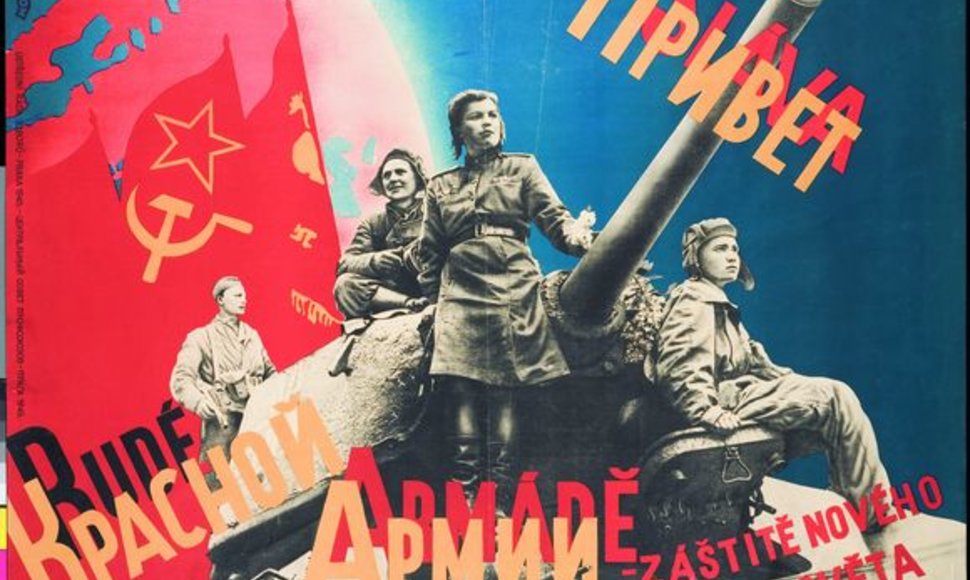Teresė Birutė Burauskaitė, director general of the Genocide and Resistance Research Center who headed the expert team, said she could only say that one of the proposals was envisaged a detailed publication in several languages.
"We submitted (the conclusions) but the materials are confidential and it is up to the government to assess them. We are not authorized to reveal our proposals," Burauskaitė told BNS on Monday.
"Our proposal was to put everything that has to do with calculation of damages, compensation and argumentation into a publication in various languages. It would be good to have our history from the international point of view, especially at the very beginning of our occupation and annexation," she said.
In Burauskaitė's words, the commission thinks it would be a good idea to continue the work.
Set up in the end of May, the commission included nine members representing the Union of Political Prisoners and Deportees, historians, archivists, the International Commission for the Assessment of Crimes of Nazi and Soviet Occupational Regimes and the Justice Ministry, officials of ministries of Foreign Affairs and Culture.
Foreign Minister Audronius Ažubalis recently said that he had raised the compensation issue on six occasions during his term in office, but received only negative responses.
According to a survey published on Saturday, 54 percent of Lithuanian people believe the country should demand compensation for Soviet occupation from Russia.
41 percent said no, and 5 percent did not have an opinion.
The survey of 1,012 people, aged 15-74, was carried out by public opinion and market research company RAIR between 30 May and 10 June.
The Soviet Union occupied Lithuania in 1940 by sending over 150,000 troops of the Red Army into the country. In 1941-1944, Lithuania was under the rule of Nazi Germany, followed by the second Soviet occupation that lasted until 1990. Some 444,000 Lithuanian residents repatriated or fled Lithuania in the 1940-1952 period, 275,000 were taken to labor camps or deported. About 25,000 people were killed in fighting, in addition to more than 20,000 participants and supporters of resistance efforts.
The Soviet compensation issue was raised immediately after Lithuania declared independence in 1990. Lithuanian citizens have stated their will in a referendum.
2012 07 09
Government panel submits report on compensation for Soviet occupation
A governmental commission charged with preparing negotiation positions and an action plan in connection to compensation for the damage caused by the Soviet occupation has submitted its proposals but refused to comment on their content.
Report mistake
Successfully sent
Thank you












